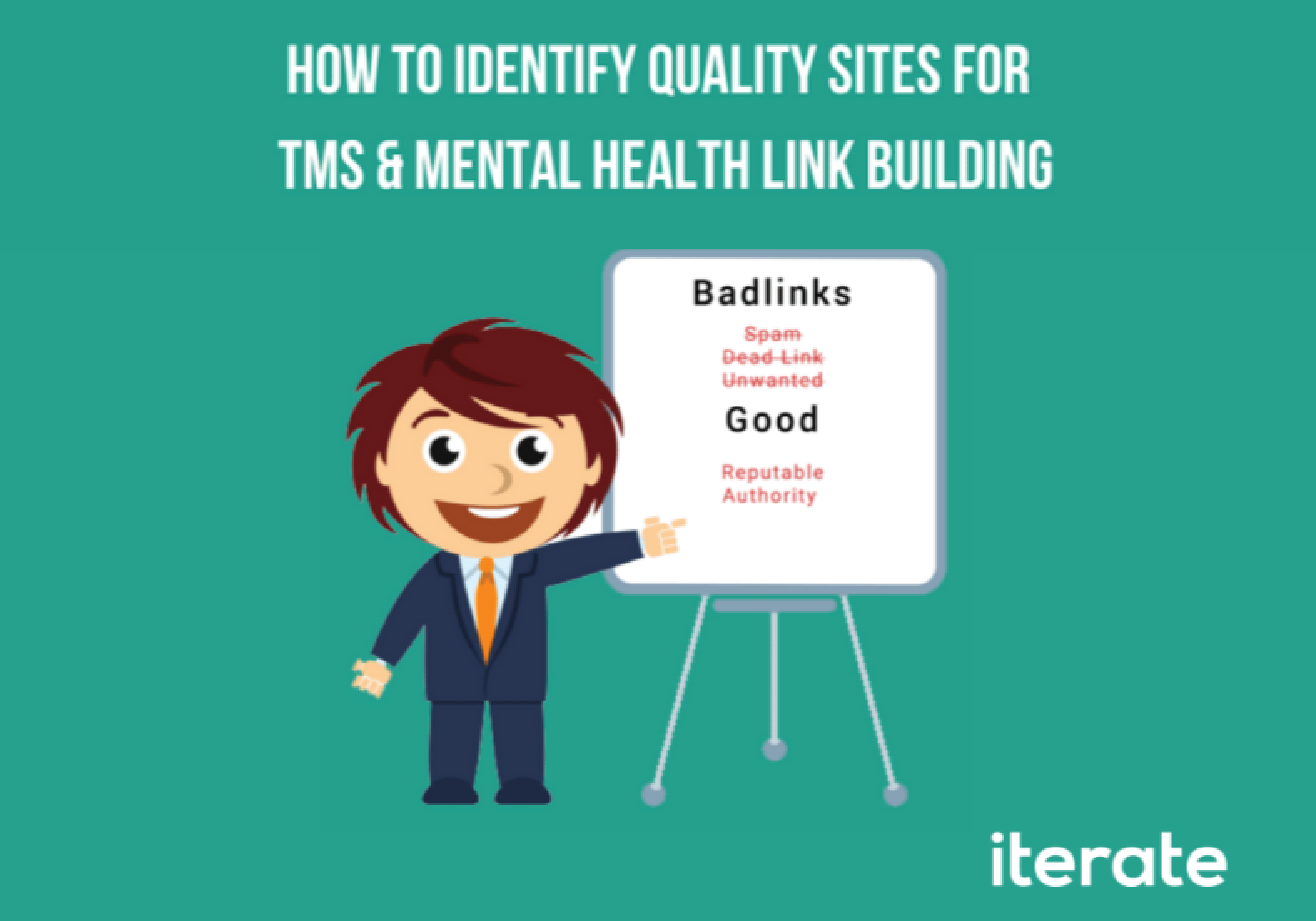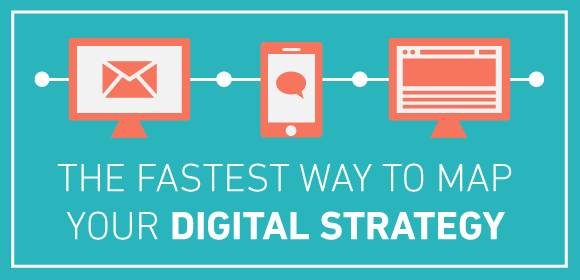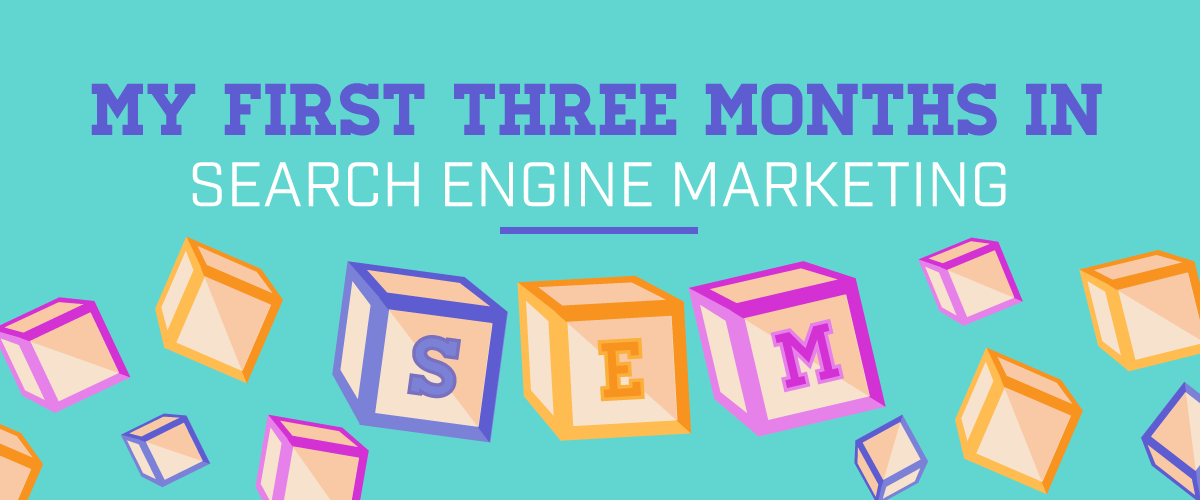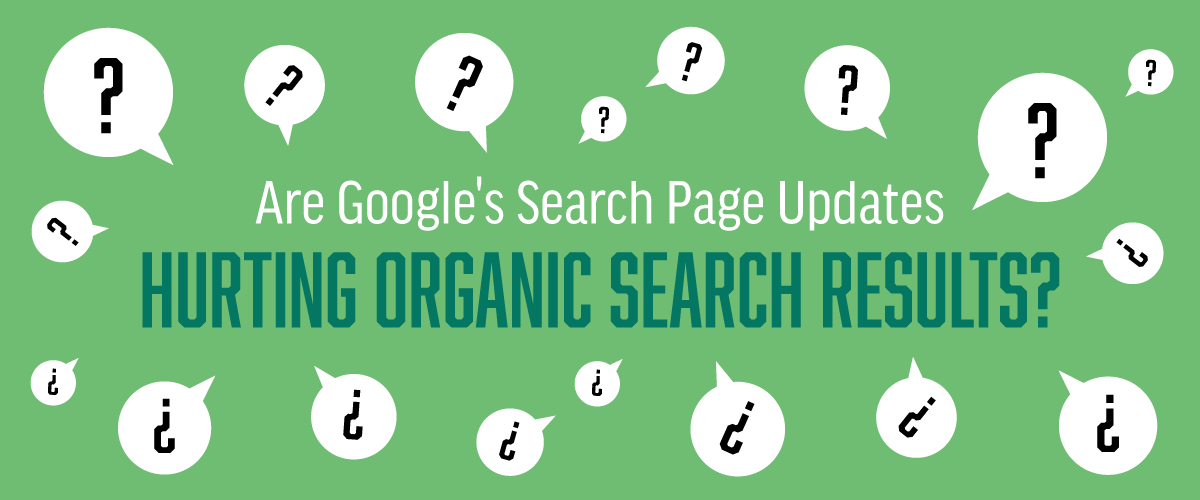A quick overview of often-overlooked data superstars
For any AdWords newbie or expert, the data tells a story. The flexible Google advertising platform is absolutely packed full of different metrics, some of which are more important than others. In reality, the only metric that really matters is Return on Ad Spend – how are your marketing efforts bringing in real value, and are they doing so at an acceptable cost?
That said, we can only support and build on our ROAS by optimizing and improving on metrics that we deem important to whatever business we are managing. In the process, there are some AdWords metrics that go overlooked. While many digital advertisers are scrambling over each other for improved conversions click-through-rates and quality scores, these brave–albeit slightly more obscure–metrics bring value and substantial intel to any digital marketer.
Search Lost Impression Share (Rank/Budget)
– Search Lost IS (rank): The percentage of time that your ads weren’t shown on the Search Network due to poor Ad Rank in the auction. Note: Lost IS (rank) won’t be shown on your Ad groups tab if you ran out of budget at any point during the date range being examined.
– Search Lost IS (budget): The percentage of time that your ads weren’t shown on the Search Network due to insufficient budget. This data is available at the campaign level only.
The first metric example is actually two, but don’t tell anybody that; odd numbers make more compelling blog titles. Search Lost Impression Share (Rank/Budget) is so critical because it tells you the why behind the what of search impression share. Regular search impression share is an excellent gauge of your AdWords strategy and ceiling, but is too vague to act on with certainty when you want your ads to show more often for more people.
Search Lost IS (Budget) shows you exactly how much potential business you miss out on when a campaign runs out of budget. This doesn’t necessarily mean you should just arbitrarily raise the budget. It could mean that by culling the least effective keywords or ad groups from your campaign, you can leave more budget for your top performers to shine at your current spend level. This metric also gives you a gauge to track future expansion opportunities, making sure that you’re aware of how your campaigns perform at their current spend and how much room you have to grow.
If Search Lost IS (Budget) is your campaign’s cleaver, then Search Lost IS (Rank) is the scalpel. As long as your spending is in order and you didn’t run out of budget during the date range being tracked, Search Lost IS (Rank) is a powerful tool to further quantify Ad Rank in your account. This metric shows you how many times your ads didn’t show due to auction ranking. Improving your quality scores (better landing pages, more relevant ads, etc.) or simply increasing your bids are ways that you can improve on this metric. It is essentially a wake-up-call for low performance accounts that are hemorrhaging spend and not getting favorable auction outcomes, or for high performing all-star accounts that lose their competitive advantage due to stingy bidding.
In other words, you can use these metrics to identify much needed TLC in an account that’s holding you back, or also to identify that you have a great account that you are not leveraging correctly against the competition.
Cost per Converted Click
One of the most misleading metrics in AdWords can be conversions. While the degree of discrepancy between a conversion and a converted click can be negligible or critical depending on what your account is tracking, thedistinction between the two can change your perception of necessary actions based on varying CPAs or true value of conversions.
A converted click marks how many unique users generated a conversion or conversions after clicking through your ad. A conversion only tracks the raw number of conversion actions taken, regardless of user.
In lead generation campaigns, this can mean that 1 person could potentially click through your ad and convert multiple times through their conversion actions, inflating the perceived value of conversions while simultaneously lowering the true value of conversions. However, this oversight can be combated by looking at converted clicks. Converted clicks will only attribute 1 conversion to a person regardless of how many conversion actions they take.
Cost per converted click gives you the true cost at which you receive a conversion in many cases. Although this metric can be obsolete when tracking eCommerce conversions ( in which case multiple transactions by one person does not usually artificially inflate CPAs), Cost Per Converted Click can be absolutely critical when tracking conversions like sign-ups, lead generation, and specific engagement actions.
Gmail Clicks to Website
They’re here! Get your Gmail ads while they’re hot! However, much like magician parlor tricks, not everything is as it seems. As soon as you implement your Gmail ads, you’ll notice something a little odd about the metrics; 65% click-through-rates, rock-bottom cost-per-clicks, and great average positions. However, these metrics are actually a deceiving product of AdWords all-in-one approach to combining all of the metrics from display, video, search and others into a cohesive and collaborative metric pool.
In order to circumvent the impending first-impression (no pun intended) confusion–and stop yourself from a good ol’ pat on the back just yet–you need to modify columns to include Gmail Metrics. Specifically, Gmail clicks to Website will help you nail down your real CTR, and in turn prove to be important as you adjust your bids and ad buildout appropriately.
This isn’t a super powerful metric, mind you, but it is easy to overlook as you star
t to roll out awesome Gmail ads. And it’s really important because it tricked me.






